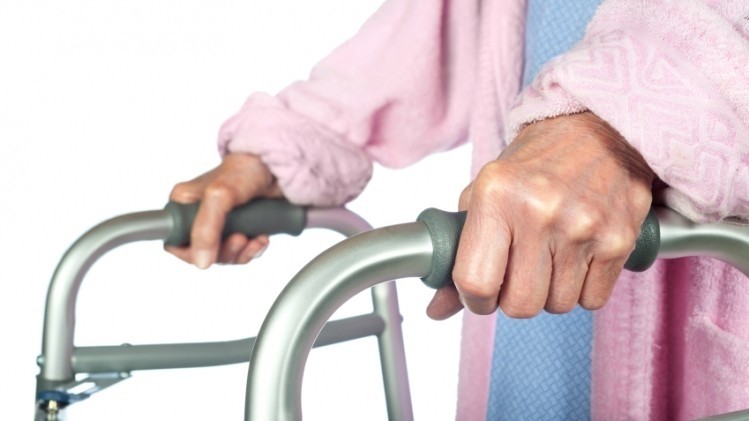Early identification for malnutrition risk can alleviate onset of sarcopenia – expert Asia consensus on elderly health

The suggestion was made in the paper titled “Roles of nutrition in muscle health of community-dwelling older adults: evidence-based expert consensus from Asian Working Group for Sarcopenia” in the Journal of Cachexia, Sarcopenia and Muscle this year.
“There is a growing body of evidence that nutritional status may be a modifiable risk factor for the development of muscle health issues, including sarcopenia. Therefore, identifying individuals at risk of malnutrition, to provide early intervention, is an important public health strategy for preventing the development of sarcopenia and related complications, such as frailty,” the researchers said.
The 14-statement consensus from seven experts, encompassing clinical expertise across Asia and aligned with findings in current literature, aims to provide a framework to address muscle health issues in the community. The overall objective is facilitate broader access to equitable care for the target group.
To derive the consensus, the experts conducted a systematic literature search using the MEDLINE database and analysed studies consisting of RCTs, meta-analyses, systematic reviews, longitudinal observational studies, cross-sectional studies, and retrospective studies on muscle health in Asian adults aged 60 and above from 2016 to July 2021.
The key concepts identified were nutritional status, like malnutrition and screening; diet and dietary factors; nutritional supplementation; lifestyle intervention and nutrition; and outcomes. Additionally, the consensus addressed the impact of COVID-19 on nutrition, muscle health, and sarcopenia in Asia.
Examining the elderly nutritional status
The salient consensus points were highlighted in the first three statements, which were classified under concept of malnutrition and screening.
First, initial screening for malnutrition risk should be conducted annually in older adults. Those who have low BMI, show unintentional weight loss and present low muscle mass or exhibit poor muscle strength at any time should be assessed for malnutrition.
Second, community screening should be executed by healthcare professionals or trained personnel and use standard tools.
Older adults identified as being malnourished or at risk of malnutrition should be referred to a relevant healthcare professional for further assessment.
Third, older adults in certain settings, such as those living in rural areas and social isolation, with low socio-economic status may face higher risk for malnutrition.
These statements were based on cross-sectional studies in Asia that link malnutrition and sarcopenia and advise early identification in adults with risk factors.
For example, this was discussed in Chew STH, et al’s study titled “Impact of specialized oral nutritional supplement on clinical, nutritional, and functional outcomes: a randomized, placebo-controlled trial in community-dwelling older adults at risk of malnutrition” and Tey SL, et al’s “Factors associated with muscle mass in community-dwelling older people in Singapore: findings from the SHIELD study”.
In the first study, the relative appendicular skeletal muscle mass in community-dwelling older adults was examined in a ‘nourished cohort’ (mean age of 71) and an ‘at risk of malnutrition cohort’. The latter group were four times more likely to have low muscle mass based.
Besides nutrition, the elderly with risk factors face social and environmental issues, such as varied dietary and eating patterns, and living conditions and low socio-economic status.
Studies from different Asian countries, such as Hong Kong, Malaysia and Myanmar, showed that older adults belonging to the low-income strata had 28.1% to 59.4% for malnutrition risk and 1.1% to 21.7% for malnutrition. These rates may even be higher among rural dwellers.
“We can envision scenarios in different countries and settings where additional personnel, such as community care providers or social workers, who may not officially be considered healthcare professionals, could effectively complete this task (of screening for malnutrition),” said the researchers.
In conclusion, there is a strong link between muscle health and malnutrition; hence, early identification of older adults at risk of malnutrition could prevent the onset of sarcopenia in many adults, and some subgroups at higher risk, like rural dwellers and those with low socio-economic status, may need closer observation.
The study was funded by Abbott Nutrition and the Taiwan Association for Integrated Care.
Source: Journal of Cachexia, Sarcopenia and Muscle
DOI: 10.1002/jcsm.12981
“Roles of nutrition in muscle health of community-dwelling older adults: Evidence-based expert consensus from Asian Working Group for Sarcopenia”
Authors: Liang-Kung Chen, et al


















